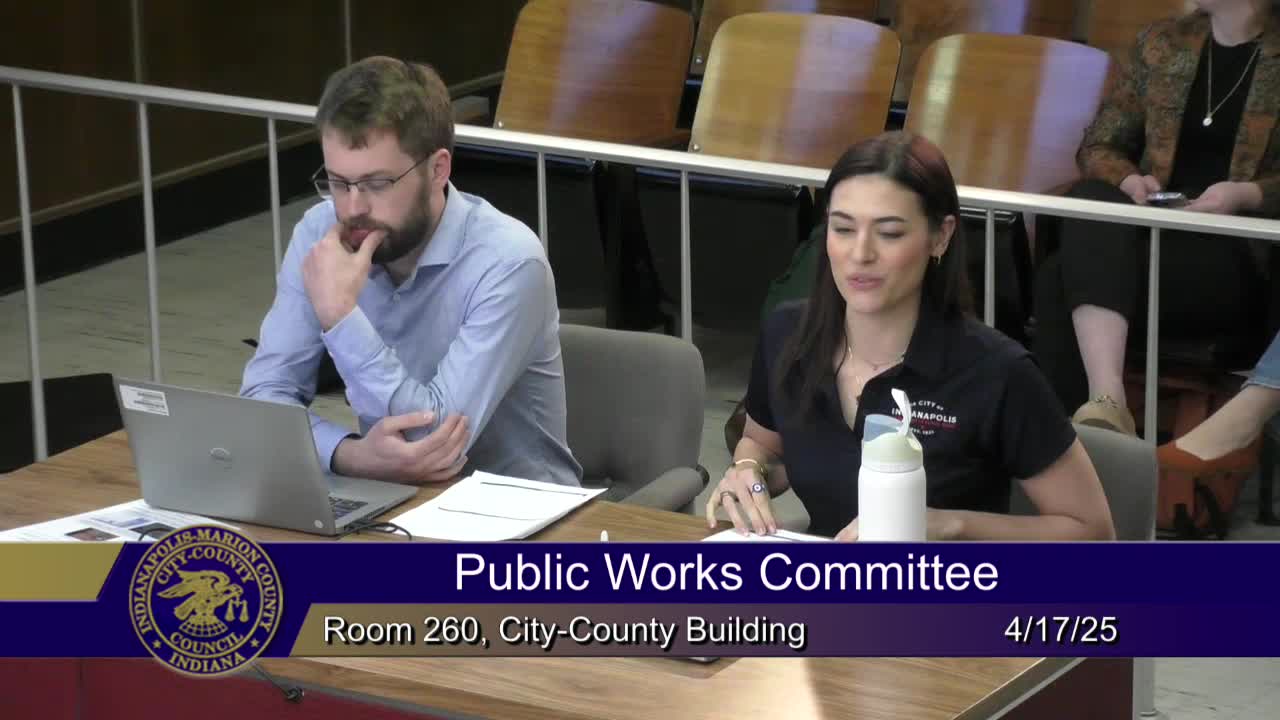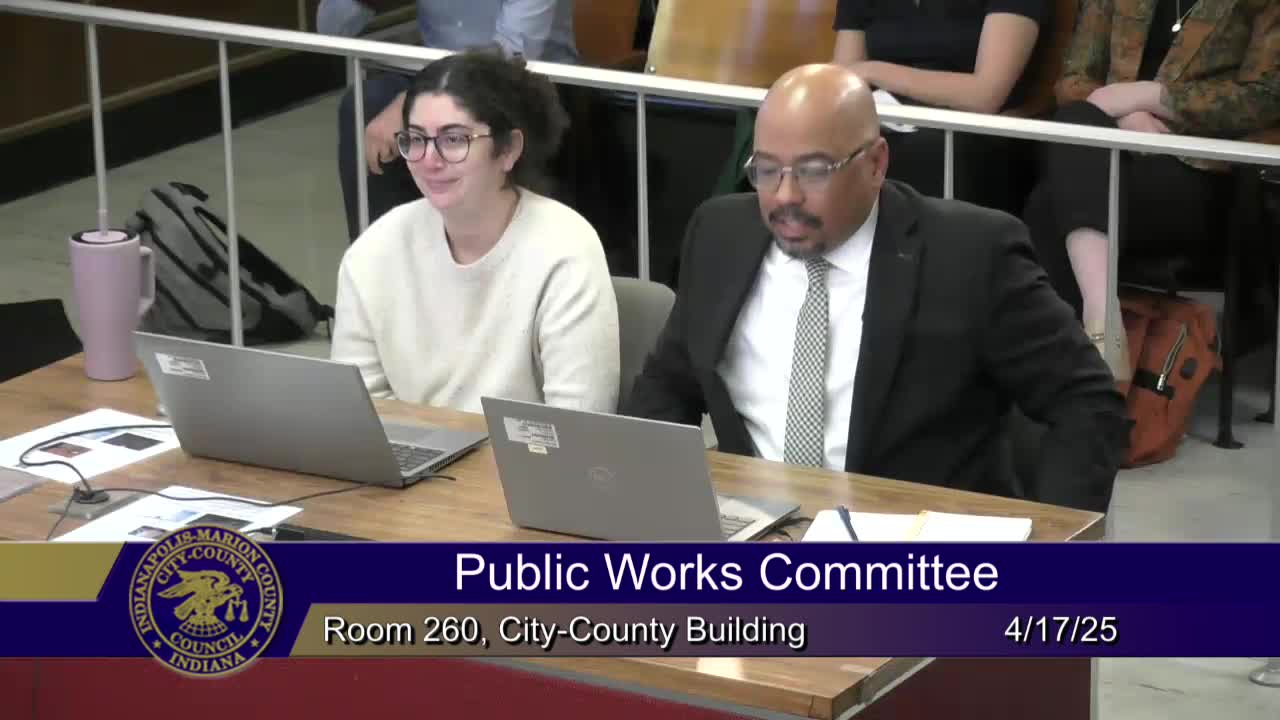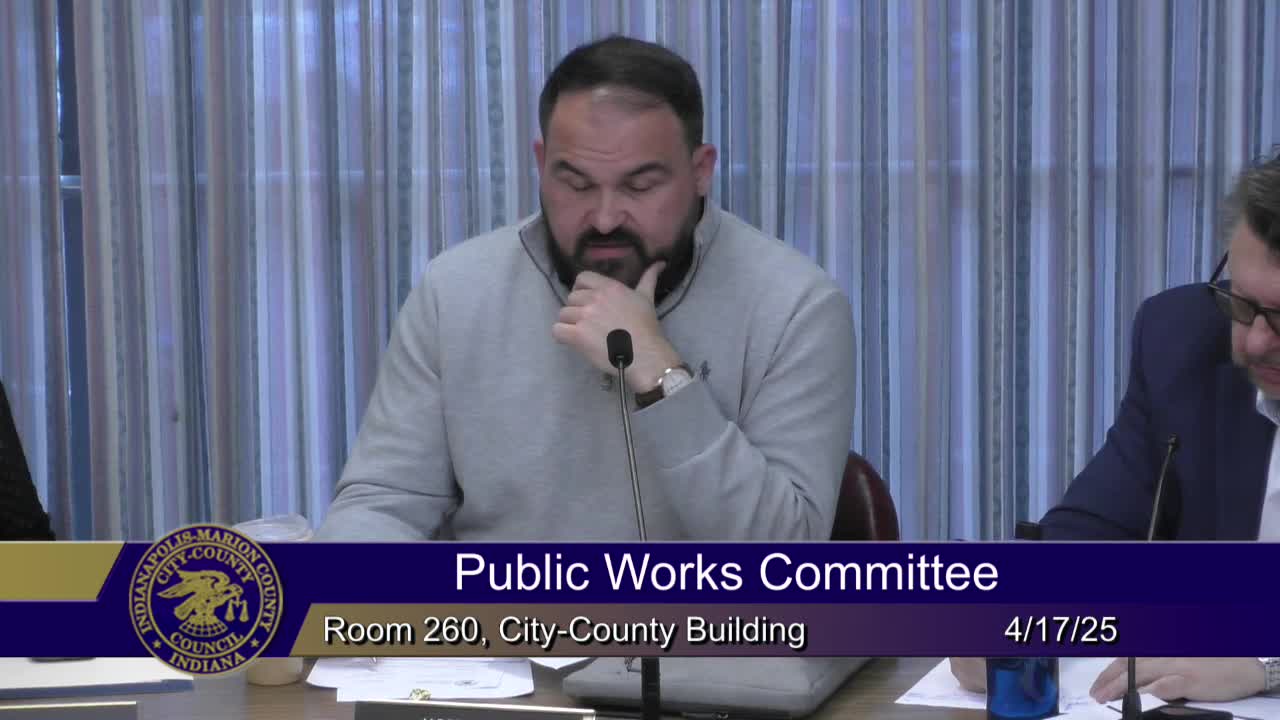Article not found
This article is no longer available. But don't worry—we've gathered other articles that discuss the same topic.

Indianapolis awards major solid‑waste contracts; Lakeshore Recycling Systems to begin collections Jan. 1, 2026; universal curbside recycling planned for 2028

Indianapolis DPW reports staffing gaps, winter costs and multi‑year projects in Q1 update

